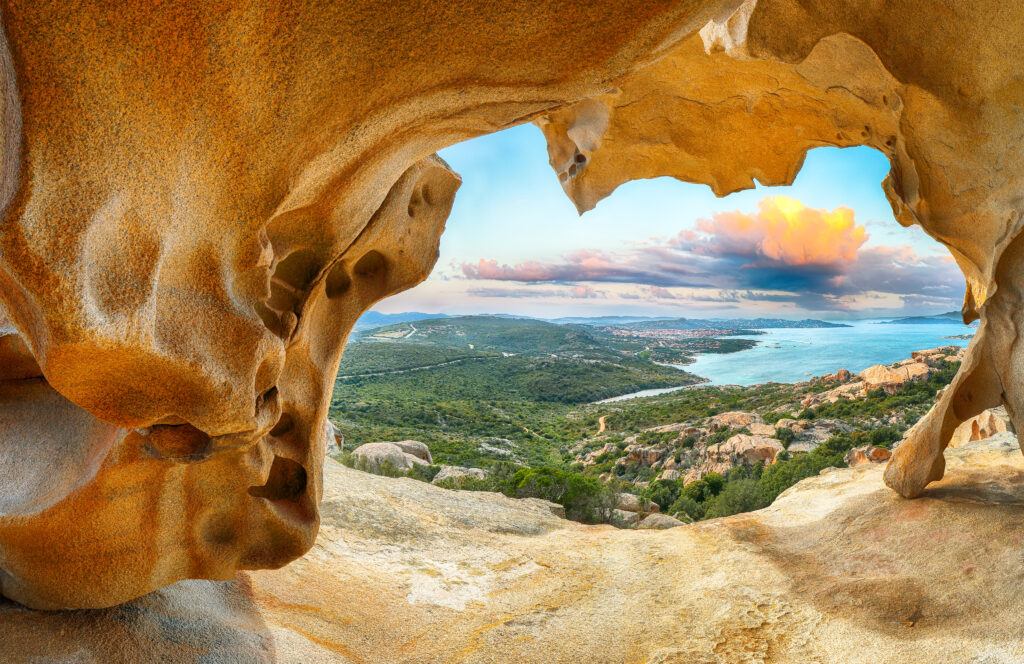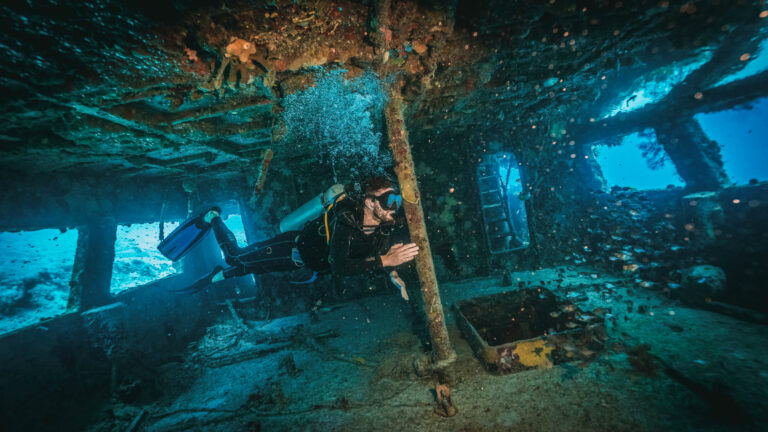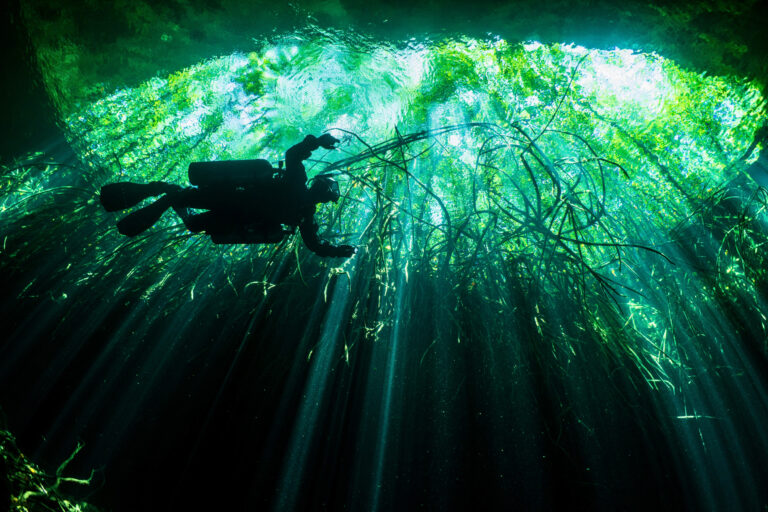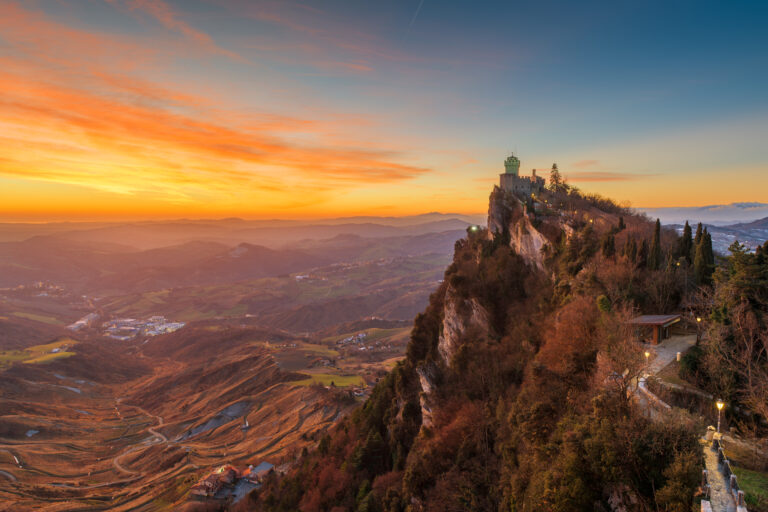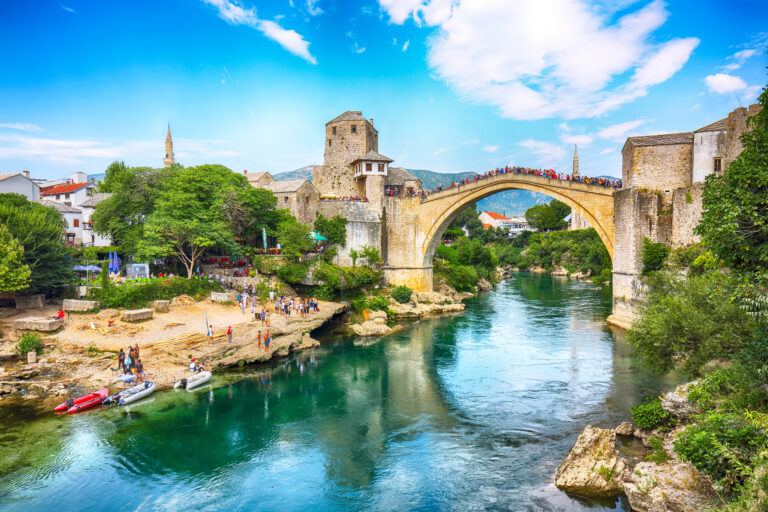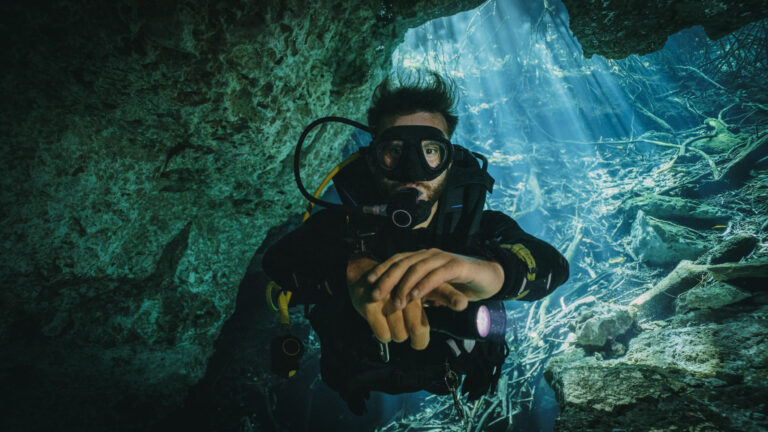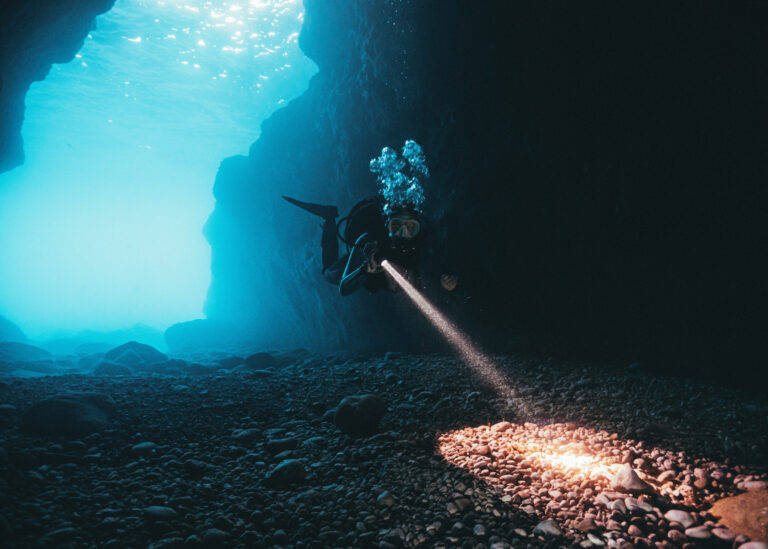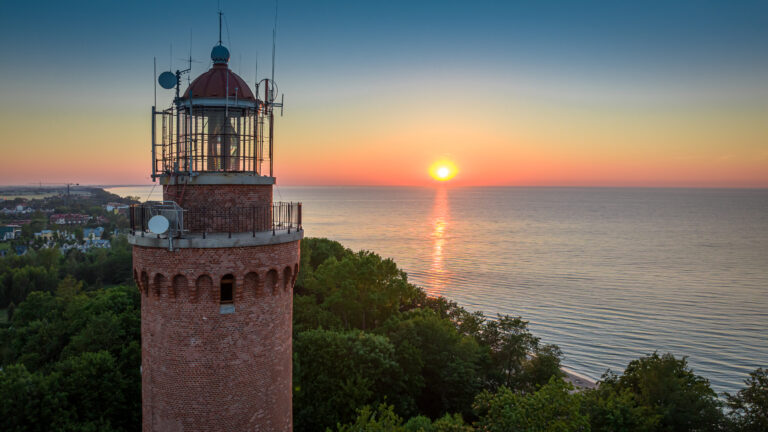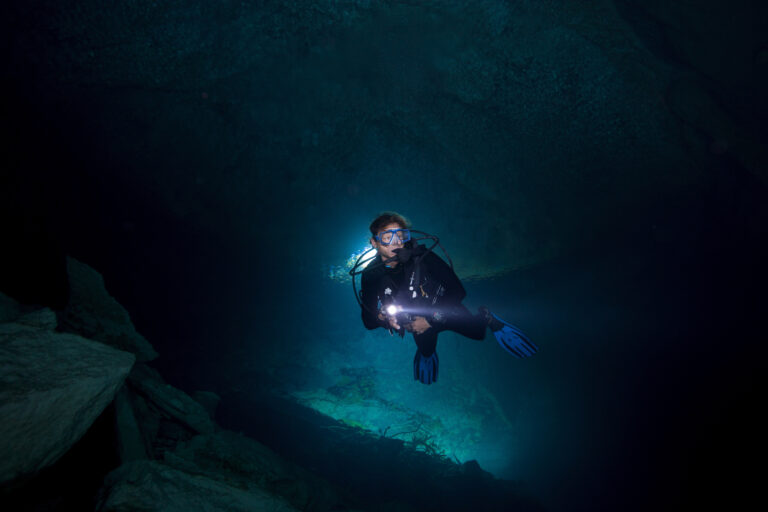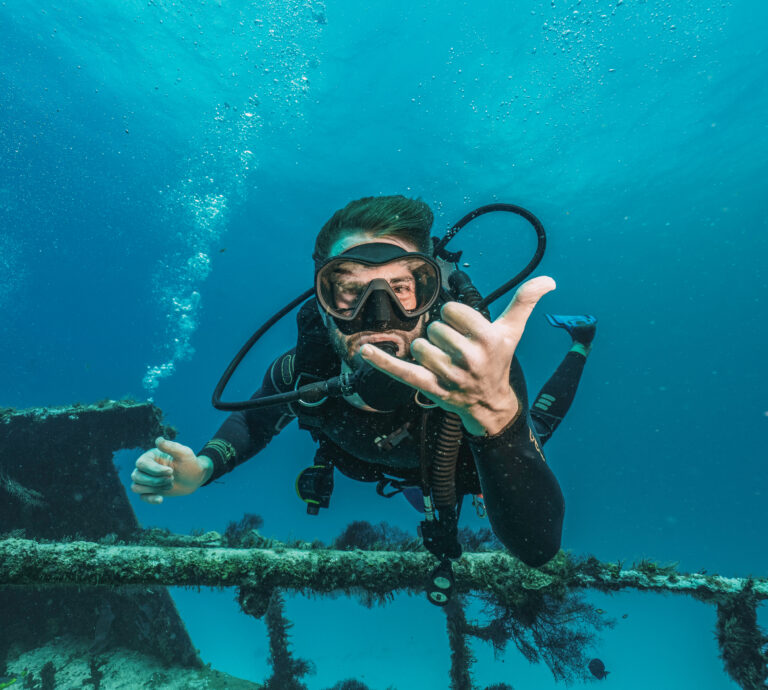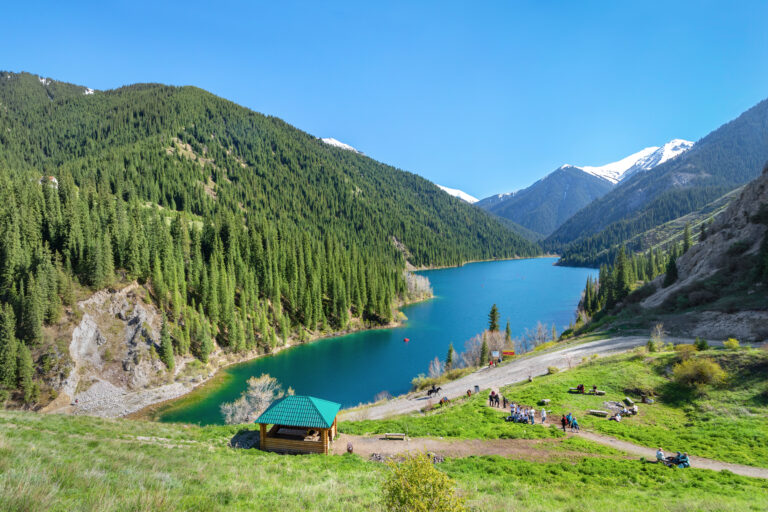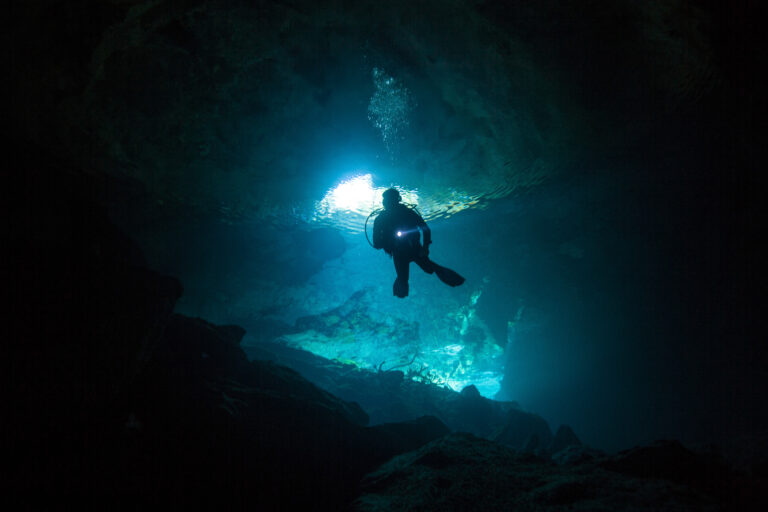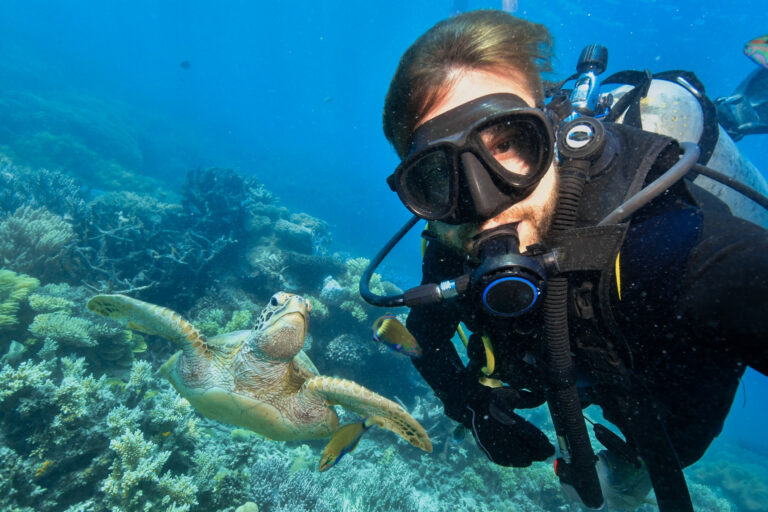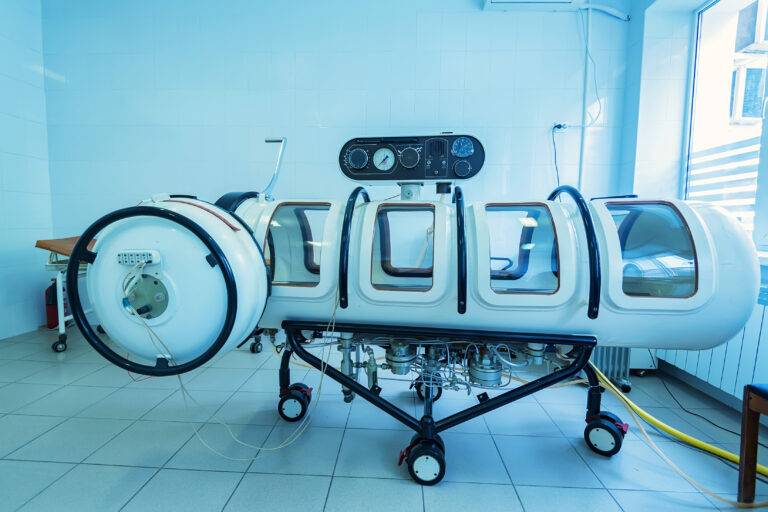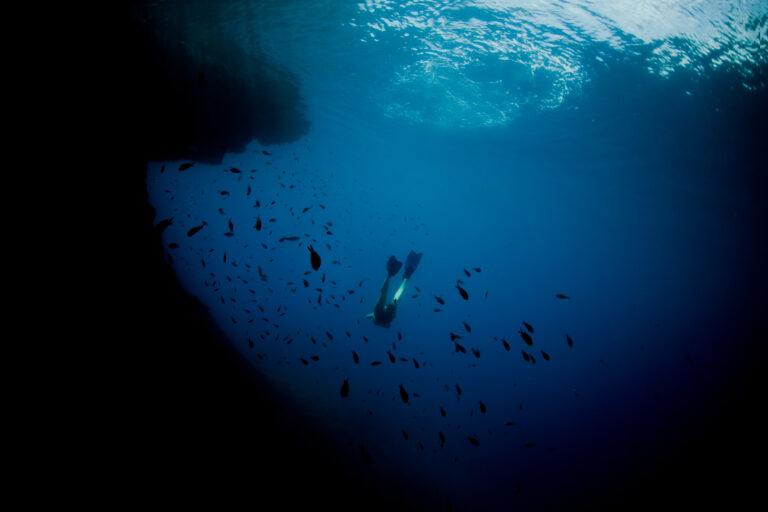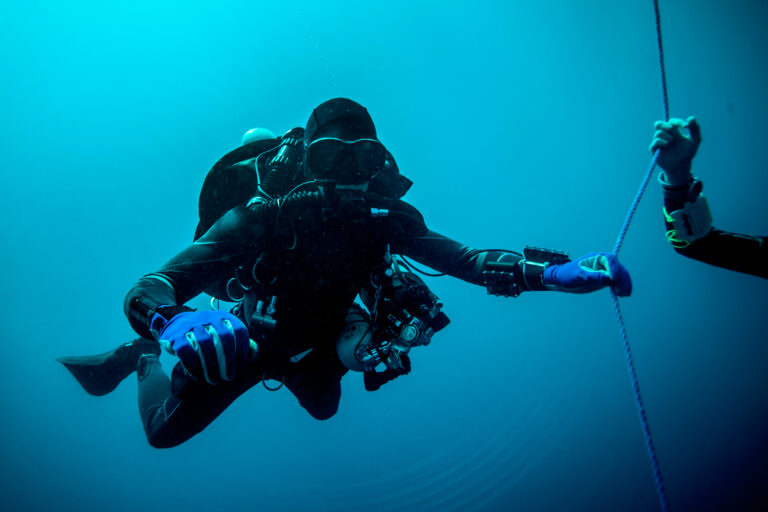SCUBA DIVERS’ TRAVEL GUIDE TO Palau
Palau is a paradise for scuba divers who want to explore the wonders of the underwater world. This tiny island nation in the Pacific Ocean is home to some of the most diverse and spectacular marine life on the planet. From coral reefs and caves to wrecks and walls, Palau offers something for every level of diver. You can swim with sharks, manta rays, turtles, and dolphins or marvel at the colorful fish and corals that fill the water. Palau is also famous for its unique jellyfish lake, where you can snorkel with millions of harmless jellyfish. Whether you are looking for adventure, relaxation, or culture, Palau has it all. Discover why Palau is one of the top scuba diving destinations in the world.
LOCATION AND GEOGRAPHY
Nestled in the western Pacific Ocean, Palau is an archipelago of over 500 islands, part of the Micronesia region. Renowned for its extraordinary marine biodiversity and unique geological formations, Palau’s geography is a tapestry of lush, verdant islands, dramatic limestone cliffs, and serene sandy beaches. The islands are located southeast of the Philippines, with the closest country being Indonesia to the south. Palau’s waters are home to a rich array of underwater topographies, including drop-offs, tunnels, caves, and coral gardens, which provide a spectacular backdrop for scuba diving. The convergence of the Philippine Sea and the Pacific Ocean brings nutrient-rich currents that support a vibrant ecosystem, making Palau a premier destination for divers seeking to explore an underwater world teeming with life, including the famous Jellyfish Lake and the WWII wrecks scattered around its lagoon. The Rock Islands, a UNESCO World Heritage Site, are a particularly iconic feature of Palau’s geography, with their mushroom-like shapes rising out of the turquoise sea, offering a surreal landscape both above and below the waterline.
VISA AND ENTRY REQUIREMENTS
Before embarking on your underwater adventure to Palau, it’s essential to understand the visa and entry requirements for this pristine Pacific paradise. Visitors to Palau are generally granted a 30-day tourist visa upon arrival, provided they have a passport valid for at least six months beyond their stay, a return ticket, and proof of sufficient funds for their visit. However, citizens from the United States can stay visa-free for up to one year. It’s important to note that all tourists are required to purchase a Palau Pledge environmental entry fee of $100, which contributes to the conservation of Palau’s natural resources. This fee includes a mandatory departure tax and green fee. Additionally, as of the knowledge cutoff in 2023, Palau has implemented the “Pristine Paradise Environmental Fee,” which is a separate charge from the visa fee, aimed at maintaining the sustainability of its tourism industry. Always check the latest travel advisories and entry requirements before your trip, as policies can change and may vary depending on your nationality.
GETTING TO Palau
Getting to Palau, an archipelago of over 500 islands nestled in the western Pacific Ocean, is an adventure in itself, offering a glimpse into the remote beauty that awaits beneath its waves. Most travelers will fly into Palau’s Roman Tmetuchl International Airport, located on the main island of Babeldaob, near the former capital, Koror. The most common routes to Palau are through connecting flights from various Asian hubs such as Manila in the Philippines, Seoul in South Korea, or Taipei in Taiwan, with some services also linking from Guam. Upon arrival, visitors are greeted with the warm hospitality of the Palauan people and a vibrant island culture that serves as the perfect prelude to the underwater wonders that make Palau a world-class scuba diving destination. It’s important to plan your trip well in advance, as flights to this idyllic paradise can be limited and often book up quickly, especially during the peak diving season.
BEST TIME TO DIVE
The best time to scuba dive in Palau, a pristine paradise for underwater enthusiasts, is generally considered to be from November to April when the weather is drier and the water conditions are most favorable. During these months, divers can expect excellent visibility, often exceeding 200 feet, and water temperatures ranging comfortably between 79°F to 86°F (26°C to 30°C). This period avoids the main rainy season from May to September, which can bring reduced visibility and rougher seas. However, Palau’s unique position within the Pacific means it’s largely protected from major storms, making diving possible year-round. The high season also coincides with the mating season of the majestic manta rays, offering divers the unforgettable opportunity to witness these gentle giants in their natural habitat. Whether you’re exploring the famous Blue Corner, the German Channel, or the myriad of WWII wrecks, Palau’s underwater treasures are most accessible and enjoyable during these peak diving months.
ACCOMMODATION OPTIONS
Accommodation options in Palau cater to a range of preferences, ensuring that divers can find the perfect place to rest and recharge after exploring the archipelago’s underwater wonders. From luxury resorts with private bungalows perched over crystal-clear waters to eco-friendly dive lodges that prioritize sustainability, there is something for every taste and budget. Many accommodations offer inclusive dive packages, simplifying logistics for guests by providing on-site dive centers, equipment rentals, and expert guides to lead excursions to Palau’s famous sites like Blue Corner and Jellyfish Lake. Budget-conscious travelers can opt for comfortable guesthouses or bungalows that are often family-run, providing a more intimate experience of Palauan hospitality. Liveaboard boats are another popular option, allowing divers to maximize their time in the water by staying directly on a vessel that cruises from one dive site to another. Regardless of where you choose to stay, you’ll find that the warm Palauan spirit and the islands’ natural beauty create an idyllic backdrop for your scuba diving adventure.
DIVE OPERATORS AND DIVE SHOPS
In the pristine waters of Palau, a world-renowned diving destination, dive operators and shops are the gatekeepers to an underwater realm of wonder. These establishments are staffed by seasoned professionals who prioritize safety, environmental conservation, and the delivery of unforgettable aquatic experiences. From the moment you step into their well-equipped facilities, you’ll find a range of services tailored to both novice and expert divers, including PADI certification courses, gear rental, and repair. Palau’s dive operators are known for their intimate knowledge of the local dive sites, ensuring that divers are guided to spectacular drop-offs, WWII wrecks, and vibrant coral gardens teeming with marine life. They often offer small-group excursions to ensure personalized attention and minimal environmental impact. With their commitment to excellence and sustainability, Palau’s dive shops and operators are your trusted partners in exploring the archipelago’s underwater treasures, making every dive an entry into a chapter of your own epic oceanic adventure.
TRANSPORTATION WITHIN Palau
Transportation within the archipelago of Palau is an adventure in itself, offering a blend of convenience and scenic beauty. The primary mode of transport between the islands is by boat, with regular ferry services and chartered water taxis available, providing access to the more remote dive sites and islands. For travel on the main island of Babeldaob and around Koror, rental cars and taxis are readily available, and there’s a modest network of paved roads connecting the major areas. To reach the stunning Rock Islands, which are a centerpiece of Palau’s diving allure, most divers opt for organized tours that include boat transfers, often arranged through their dive operators or resorts. For those looking to explore the far-flung corners of Palau’s marine-rich territory, small domestic flights operated by local airlines can whisk you to the outer atolls, ensuring that even the most secluded underwater paradises are within reach. Always remember to plan your transportation in advance, especially during the peak diving season, to ensure a seamless Palauan diving experience.
CURRENCY AND PAYMENT METHODS
In Palau, the official currency is the United States Dollar (USD), which is widely accepted across the islands, making transactions convenient for American travelers and those who have exchanged their currency prior to arrival. Credit cards, particularly Visa and MasterCard, are accepted at most hotels, dive shops, and restaurants, especially in the more tourist-centric areas such as Koror. However, it’s important to carry some cash for smaller establishments, local markets, or in the event of credit card terminal outages. ATMs are available in Koror and some other areas, but they may be scarce as you venture to more remote islands or dive sites. It’s advisable to inform your bank of your travel plans to avoid any issues with card usage abroad. For tipping and incidental expenses, keeping a supply of smaller denominations is helpful. Always check with your dive operator or accommodation in advance regarding their preferred payment methods to ensure a smooth and enjoyable diving experience in the stunning waters of Palau.
LANGUAGE AND COMMUNICATION
In the enchanting archipelago of Palau, a scuba diver’s paradise nestled in the western Pacific Ocean, communication both above and below the water is key to a seamless diving experience. The official languages are Palauan and English, with the latter widely spoken and understood, particularly within the diving community and tourist areas, ensuring that English-speaking divers can navigate their adventures with ease. Dive operators are typically fluent in multiple languages, catering to an international clientele, and dive briefings are often conducted in English or with the assistance of multilingual staff. Underwater, divers use universally recognized hand signals to communicate, ensuring safety and coordination during the exploration of Palau’s stunning underwater landscapes, teeming with marine life and historical wrecks. Whether conversing with local guides about the day’s dive plan or signaling a rare pelagic sighting to a buddy, effective communication in Palau enhances the overall diving experience, fostering a sense of camaraderie and shared wonder among divers from around the globe.
LOCAL CULTURE AND ATTRACTIONS
Palau, an archipelago of over 500 islands part of Micronesia in the western Pacific Ocean, is not only a diver’s paradise but also a rich tapestry of vibrant local culture and attractions. Above the waterline, visitors can immerse themselves in the traditional Palauan way of life, observing the matriarchal society’s customs and participating in local festivities that often feature music, dance, and storytelling. The island’s history is palpable at sites like the ancient stone monoliths of Badrulchau and the wartime relics scattered throughout the lush jungles and hidden in the rock islands. Palau’s commitment to conservation is evident in the Palau International Coral Reef Center, where guests can learn about marine preservation before exploring the underwater wonders. For a taste of local cuisine, travelers can savor delicacies such as fruit bat soup and taro, often at a traditional bai, a community meeting house adorned with intricate carvings and paintings that depict legends and historical events. Whether you’re browsing the handcrafted storyboards at the Etpison Museum or kayaking through the mangroves to spot endemic birds, Palau’s unique blend of natural beauty and cultural richness offers an enriching complement to the scuba diving adventure of a lifetime.
CULTURAL ETIQUETTE AND TIPS
When visiting Palau for scuba diving, it’s essential to respect the local customs and culture to ensure a harmonious experience. Palauans are known for their warm hospitality, but they also value their traditions and the preservation of their natural environment. Always ask for permission before taking photos of locals or entering villages, and dress modestly when not on the beach or at dive sites. Environmental conservation is paramount in Palau; avoid touching or stepping on coral reefs, and adhere strictly to the guidelines provided by your dive operators, as Palau has established a sanctuary to protect its marine life. It’s customary to remove your shoes before entering someone’s home or a traditional meeting place known as a ‘bai.’ When interacting with locals, a gentle smile and a soft-spoken greeting in Palauan, such as “Alii” (hello), will be appreciated. Tipping is not traditionally expected, but it is welcomed for exceptional service, especially in the tourism industry. By showing respect and following these cultural norms, you’ll contribute positively to the local community and help preserve the unique beauty of Palau for future visitors.
LOCAL LAWS AND REGULATIONS RELEVANT TO TOURISTS
When planning a scuba diving trip to Palau, it is crucial for tourists to be aware of and adhere to the local laws and regulations designed to protect its unique marine environment. Palau is renowned for its commitment to conservation, and as such, has established the Palau National Marine Sanctuary, which covers a vast portion of the nation’s maritime territory. Divers should note that a mandatory diving permit is required for all visitors, which contributes to the conservation efforts and allows access to dive sites. Additionally, there are strict rules against the collection of marine life, including shells and corals. Palau has also banned the use of toxic sunscreens that can harm coral reefs, so visitors must use eco-friendly alternatives. It is illegal to feed fish or sharks, as this disrupts natural behavior and ecological balance. Tourists must also respect protected areas where fishing and diving may be restricted. Violation of these regulations can result in hefty fines and legal action, emphasizing the importance of responsible diving practices in Palau to ensure the preservation of its pristine underwater world for future generations.
SAFETY TIPS AND EMERGENCY CONTACTS
When diving in the enchanting waters of Palau, safety should be your paramount concern to ensure an unforgettable underwater experience. Always dive within your certification limits and be mindful of the strong currents that can be present in some areas. It is essential to check your equipment thoroughly before each dive and maintain constant communication with your buddy. Palau’s dive operators are well-versed in local conditions and should provide comprehensive briefings on site-specific hazards such as jellyfish, sharp corals, and potential encounters with marine life. In case of an emergency, be aware that the nearest recompression chamber is at the Belau National Hospital in Koror, reachable at +680 488 2558. For immediate assistance, contact the local emergency services at 911. It is also advisable to have dive insurance that covers hyperbaric treatment and emergency medical evacuation. Remember to stay hydrated, protect yourself from the sun, and adhere to no-fly times after diving to prevent decompression sickness. By following these guidelines and respecting the ocean, your Palau diving adventure will be both safe and spectacular.
HEALTH AND TRAVEL INSURANCE
Before embarking on your underwater adventure to the pristine waters of Palau, it is crucial to secure comprehensive health and travel insurance that covers scuba diving activities. Given the remote location of this Pacific paradise, access to medical facilities may be limited, and the cost of emergency medical evacuation can be exorbitant. Ensure that your policy includes coverage for hyperbaric treatment, as decompression sickness is a risk divers should be prepared for, despite Palau’s excellent safety standards. Additionally, verify that your insurance provides sufficient coverage for trip cancellations, lost diving equipment, and any unforeseen incidents that may occur in transit or during your stay. It’s wise to carry proof of your insurance and emergency contact numbers with you at all times. By taking these precautions, you can dive into Palau’s breathtaking underwater world with peace of mind, knowing that you are well-protected against the unexpected.

